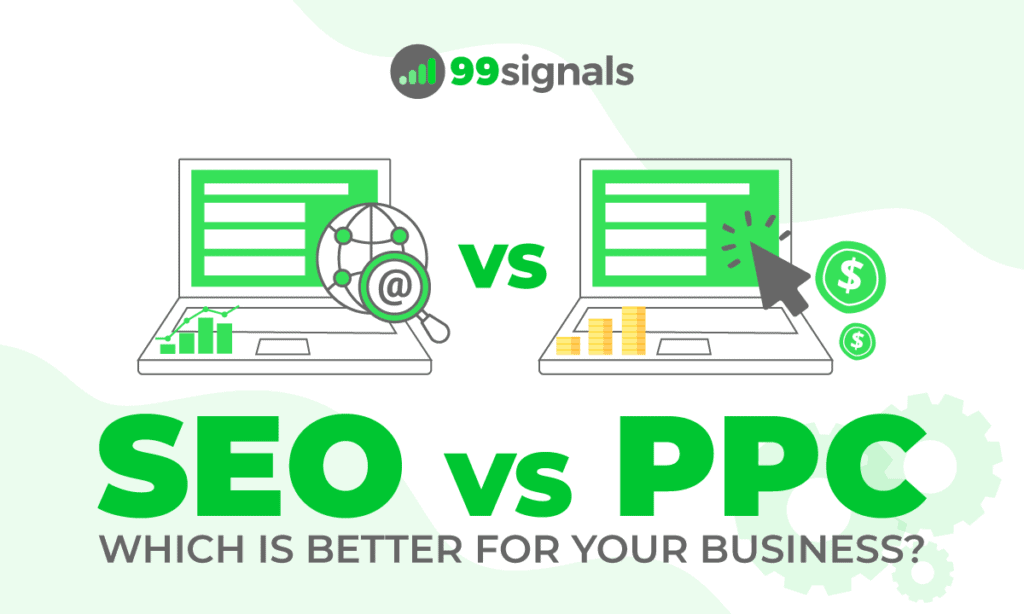 SEO vs. PPC — it's a long-standing debate we often see in Facebook groups, forums, and everywhere on the web. While this is a legitimate comparison, it's often viewed from a misguided standpoint.
SEO vs. PPC — it's a long-standing debate we often see in Facebook groups, forums, and everywhere on the web. While this is a legitimate comparison, it's often viewed from a misguided standpoint.
Many new marketers and businesses still think of SEO and PPC as mutually exclusive. If you approach these search marketing strategies like two warring factions, then you are going to miss out on one profitable opportunity.
To be clear, one is not necessarily better over the other on all accounts. But if you are left with a tough call between SEO and PPC due to budget constraints, it all comes down to understanding what your business needs and goals are.
Did you know that 93% of online experiences begin with a search engine?
There are 1 billion people who use Google search every month. And as of January 2020, Google owns more than 81% of search engine market share, which obviously means Bing, Baidu, Yahoo!, and other search engines go far behind.
The best way to take advantage of this staggering number is through search engine optimization (SEO) and pay-per-click (PPC) advertising.
In this article, we will do a deep dive into which acquisition strategy is better, or rather, which strategy is right for your business.
Some points we will tackle here:
- Overview of SEO and PPC
- Difference between PPC and SEO
- Pros and cons of SEO and PPC
- When to use SEO and PPC
- Using SEO and PPC together
To start off, let's have a quick overview of what SEO and PPC are.
Table of Contents
What is SEO?
SEO is the process of optimizing a website and its webpages to increase their organic search visibility in search engines like Google, Yahoo!, and Bing.
And when you say organic, that means without the influence of factors like paid ads and direct traffic.
Search engines use algorithms to identify which websites or pages to show in the search engine results pages (SERPs) for a specific query.
In essence, a critical part of SEO is finding out what search engines consider relevant and then optimizing your website and webpages accordingly.
What is PPC?
In PPC advertising, advertisers pay a publisher only for ads that are clicked.
Google Ads, formerly called Google AdWords, is the most popular PPC advertising platform. It's even become synonymous with "paid search." Often these terms are used interchangeably, even though platforms like Bing Ads work similarly. Other PPC advertising platforms include RevContent, AdRoll, and Bidvertiser.
But how does PPC work?
In paid search, advertisers usually bid on keywords or keyphrases relevant to their niche. Advertising platforms like Google Ads and Bing Ads help businesses find new customers through these keywords.
Today, the PPC model has been embraced by social media giants like Facebook, Twitter, and Quora.
Paid social like Facebook Ads and Twitter Ads help social media users find businesses based on their behavior and interests.
Social PPC has been gaining a lot of traction in the last couple of years with giants like Facebook, Twitter, Reddit, and LinkedIn making pay-per-click a major advertising model.
To even out the playing field in this SEO vs. PPC debate, we will focus on paid search rather than paid social to refer to PPC advertising.
SEO vs. PPC: Difference Between PPC and SEO
SEO and PPC have two main differences.
First, paid ads are displayed at the top of the first search engine results page (SERP), while organic listings appear just below the paid ads.
Second, traffic that comes from organic listings is free, while traffic from paid ads is paid for per click, thus pay-per-click. The cost per click depends on several factors.
To satisfy your question as to whether you should go after an organic-centric approach or ad-centric approach, let's take a look at the pros and cons of SEO and PPC and how they stack up against each other.
Pros and Cons of SEO
New Media Campaigns claims that SEO is 5.66 times better than paid search ads.
I'm not entirely sure how they were able to come up with this seemingly random number.
But the thing is, there are so many factors that you have to take into account, and these factors are highly dependent on each individual business.
Hence, one can't really use the SEO-is-better-than-PPC answer across the board.
But if you ask: "What are the advantages and disadvantages of SEO compared to PPC?" I have the answer for you.
Why Choose SEO
Here are the benefits of SEO vs. PPC:
1. SEO costs less than PPC
Imagine a blog ranking for over a hundred thousand keywords and drives hundreds of thousands of views per month through organic search.
If you were to pay for that traffic through PPC, it would set you back millions of dollars per year.
Hence, investing in your content team is way more cost-efficient than spending on paid search in the grand scheme of things.
2. SEO results compound over time
One reason SEO is better than PPC and traditional marketing strategies is its high potential to bring in compounding ROI over time.
If you ran a content marketing campaign six months ago, the results you will get 12 months from now will be so much bigger than what you are getting at the moment.
Even if you slow down on producing content for a couple of months after your campaign, so long as you are ranking high in the SERPs for the right keywords, your SEO and content efforts can still guarantee you with a steady stream of organic traffic.
For this very reason, SEO is hands down the best marketing channel for long-term, scalable results.
3. SEO drives more clicks
Most searchers ignore paid ads. This translates to organic search results getting 70% of the clicks.
This is an important thing to think about considering PPC occupies more of the above-the-fold content.
Ultimately, it pays to understand the searcher's intent. But remember, clicks are different from conversions.
Why NOT Choose SEO
SEO is not without flaws. It has its own fair share of disadvantages.
1. SEO takes time
SEO is not the best marketing strategy to use if your goal is to see tangible results in a matter of days or weeks.
But how long does it take for SEO to work?
There's no clear-cut answer to that question because a lot of factors have to be taken into account. But a rough estimate would be about 4-6 months.
The SEO results you will get within this timeframe are mostly an increase in organic search traffic but not necessarily grabbing the top 10 spots in SERPs.
2. SEO depends on volatile algorithms
SEO might give you a better ROI, but it's also uncertain. Though PPC relies on algorithms too, it is less unpredictable.
In 2018, Google rolled out SEO algorithm updates 3,243 times. Imagine keeping up with those.
Worst case scenario, a lot of businesses and publishers are suffering from traffic dips update after update.
It can be really hard to recover and requires a lot of work if your site is hit by these changes or penalties.
It's not foolproof, but the only thing you can do to avoid this is to stick with search engines' guidelines. And as much as possible, avoid questionable SEO tactics altogether.
3. SEO requires 'expert' content
A huge part of SEO hinges on authority and relevance. As such, it requires expert-level content for it to work.
And because SEO is cost-efficient, niches are getting more saturated, and competition is getting more cutthroat.
As a result, it sets the bar of authoritative and quality content really high.
To keep up with algorithm updates and the competition, content requires to be updated as often as it needs to keep your position intact. And it's a never-ending battle.
Pros and Cons of PPC
Businesses earn $8 in profit for every $1.60 spent on Google Search Ads. That's a solid ROI if you think about it.
But is PPC the right fit? What makes it a viable search marketing strategy? And what makes it good or bad for your business?
Why Choose PPC
Here are some benefits of PPC:
1. PPC delivers quick results
The main reason people use PPC over SEO is that it delivers faster results.
As long as you are following PPC best practices and meeting people's intent, PPC can pay off in no time, without waiting for weeks.
2. PPC is adaptable
The benefits of PPC go beyond just getting quick results.
If you ever want to scale up your campaign, you can do that without worrying too much about getting into trouble.
As long as you have the money to spend on your ads, PPC campaigns are fairly flexible.
In addition, PPC allows for narrower targeting by working with various data points like demographics, location, etc. This gives you more control over your ad spend.
Not to mention, you can play with your ads and do A/B tests without any collateral damage to make sure you know what's working and what's not.
3. PPC is buyer-oriented
True to its nature, PPC gets more conversion because it's just made for people who are ready or considering to buy.
According to Power Traffick, the top 3 paid advertising spots account for 46% of the clicks on the page. If your goal is to sell, no doubt that PPC is what you need.
Why NOT Choose PPC
Of course, PPC comes with a few drawbacks as well.
1. PPC is expensive
Highly saturated industries like insurance, credit, loans, and mortgage are very competitive.
Since there are a lot of you bidding on popular keywords, that means you might have to fork out more money to beat your competitors. And there's usually no other way around it.
For instance, bidding on the keyword "insurance" on Google Ads will cost you around $50 per click on average.
Check out the top 20 most expensive keywords in Google Ads.
And if you are doing it wrong, watch out because you don't want to end up paying more than what your product costs. Just like Dropbox paid Google Ads $400 per acquisition for their $99 product. Fail!
2. PPC often requires constant tweaking
Yes, PPC is easy to scale. But it's in the same manner that it can bite you in the butt.
The longer you run your PPC campaigns, the less effective they become.
Imagine people seeing your ads too often. Your ads will render stale and less effective.
The only way around it is to change or tweak your ad copy and other elements on a regular basis. This can be taxing and costly, to say the least.
3. PPC needs startup costs
Like any other form of advertising, PPC requires money to make money.
While that might not be a problem for some, it is to others.
If you are a new business with zero marketing budget, then running PPC campaigns might not be the best route to begin with.
Note that some PPC campaigns really bomb at first. If you choose to do PPC, then you need to do a lot of optimizing, experimenting, and learning.
Nevertheless, prepare for the worst if you want to do it all by yourself.
PPC or SEO: Which Is Better?
I hear this question over and over again.
Again, the question is misguided. If someone offering PPC and SEO services tells you one is better over the other with no context, run fast.
There's no way SEO is better than PPC, or vice versa. Both are great sources of traffic and effective marketing strategies.
The question worth asking is: "When do I choose SEO vs. PPC or vice versa?"
And that, my friends, is what we are going to address below.
When to Use SEO
First of all, 80% of a website's traffic comes from search engines. And that's primarily one of the biggest reasons businesses use SEO.
Google alone gets over 3.5 billion searches per day. A chunk of that figure is never bad at all.
Thus, SEO makes sense for a lot of reasons.
1. You want to sell websites
If you are in the website flipping business, SEO is a game-changer. It affects the valuation of each website you sell.
Higher rankings in SERPs for important keywords and a decent amount of organic traffic could translate to more dollars.
The search engine status of a website is one of the deciding factors for most buyers as well. It allows them to estimate how easy to manage your site is, how much work it needs, and how much they can profit off it, eventually.
2. You are gunning for consistent results
SEO has never been an overnight undertaking. It makes perfect sense if you are looking for long-term, consistent results.
As I mentioned, SEO results grow over time. The results you will experience 24 months from now will be a lot over 12 months from now.
If you have no regard for the future of your brand, then by all means, skip SEO.
3. You want to build an authority website
Authority or niche websites are getting more popular. If you want to be the go-to website in your industry, you need SEO to work for you.
In order for authority websites to be called as such and generate consistent traffic, you need to build a reputation around it and establish its brand.
SEO can help you do that and dominate your niche in the long run.
4. You want your website to increase in value
As mentioned, SEO increases the value of your website.
Even if you have no intention to sell it, having a digital asset that looks good before the search engines will pay off, eventually.
A website that generates a good amount of traffic, that ranks high on search engines, has a robust backlink profile, and extraordinary content is the easiest way to attract new leads and businesses.
When to Use PPC
Let's head over to the other side of the fence in this SEO vs. PPC argument.
So, when should you use PPC marketing?
Below are some circumstances when PPC would prove highly beneficial for an online business.
1. Your intent is to promote or sell something
Why do you want to use search engine marketing? If it's promoting or selling something, PPC is the no-nonsense solution.
Unlike SEO, PPC does not need bomb content to stay relevant and look good in the eyes of users. And so it makes perfect sense to use paid search if you want to direct people to a sales page or squeeze page.
2. You want instant results
PPC is also a no-brainer if you want to get immediate results.
Like any other form of advertising, PPC can deliver the results you want as soon as your campaign hits the web.
This is why PPC works best with squeeze pages, product launches, affiliate marketing, and cost per acquisition marketing. Anything really that involves high-converting offers, seasonal promos, and event-centered marketing, among others.
3. You want more targeted traffic
PPC marketing is the more logical option if you want to drive more targeted traffic, that kind of traffic that homes in on conversions rather than just massive traffic.
Whatever PPC advertising platforms you will use, these platforms give advertisers the ability to play around with demographic data such as age range, gender, education level, income bracket, and even marital status. Facebook ads allow you to target people based on their hobbies.
Overall, PPC works best over SEO when it comes to quick conversions.
4. You have a novel product
For products that have yet to disrupt the market, PPC is the best option.
Optimizing for search queries that people don't use or haven't heard of yet will totally fail your product.
Imagine trying to rank for terms like "self-driving car," "home rental," "ride-hailing," or "4k drone" in the early 2000s.
Nobody's searching for those keywords at the time, so SEO would have been pretty useless if Tesla, Airbnb, Uber, or DJI went that route.
If you have a new product, this is where PPC comes in handy. Social media PPC, in particular, is really good at building awareness for unrecognizable products.
5. You have a time-sensitive offer
And finally, PPC is the perfect strategy for product launches and one-off offers.
Whether you are gearing up for a crowdfunding launch or one-off events, these are time-sensitive instances that only PPC or other marketing channels can help you with.
Can PPC and SEO Work Together?
The short answer is yes. You can definitely use PPC and SEO in concert.
Using PPC and SEO together might sound more expensive, but it's actually a good strategy because one compliments the other.
After all, these marketing channels are on the same team with the same goals — to drive traffic to your website. And if SEO and PPC can generate the desired outcome, then why restrict yourself to one option?
Even if you have a shoestring budget, you can definitely piece out an effective PPC and SEO strategy.
Here's how you can start PPC and SEO working together:
1. Repurpose PPC Data
When running a PPC campaign, pay close attention to ad copy that does really well. You can use this to turn into an SEO-friendly content to maximize its performance in search.
As an example, use your best PPC ad copy in the meta description for a specific page.
Also, you can track down the best performing CTRs for content network ads to find the most popular topics. You can use these topics as ideas for new blog posts to generate more organic traffic.
2. Use retargeting
Ads are not getting any cheaper. By retargeting website visitors, you are making sure your ads are getting the maximum exposure they need.
For instance, a target visitor left your website without becoming a paying customer. You can use Facebook ads to convince them and try your product, sign up for a free trial, etc.
Retargeting works on most PPC advertising platforms, so take advantage of this.
3. Build awareness
Either PPC or SEO can be used for building awareness. But using both channels doubles your exposure.
If you have a new blog post published on your website, regardless if it's information or promotion type of content, you can use PPC to target the right audience. Facebook ads are particularly effective in this case.
Whether your goal is to drive targeted traffic or build backlinks, using PPC is one of the most effective ways for your blog posts — which you know takes several hours to make — to get the exposure it deserves.
4. Use PPC data to create an SEO plan
While it's not a new idea, it's still worth mentioning that keyword data from PPC campaigns can be a powerful source to develop a robust SEO plan around.
PPC is just one proven and tested method to find out which keywords work and which don't, which keywords have been searched, clicked on, and converted.
That unloads so much burden from your SEO strategy development process.
5. Rank for your competitor's keywords
If your competitors are running Google ad campaigns, you can find the most lucrative keywords that they are bidding on. You can use those either via SEO or PPC.
SEO tools like SEMrush, Ahrefs, and Moz can find these keywords pretty easily.
If you are using SEMrush, there are a couple of ways to go about spying on your competitors.
You can use features like Advertising Research and the PPC Keyword Tool to find the ads your competitor is running or the keywords they are bidding on.
In Conclusion
Choosing between SEO and PPC is a matter of understanding your business goals first.
But if you have the shekels to go all out, by all means, do PPC and SEO together. This way, you get more data to collect and analyze, learn more about your target audience, and use this to polish your marketing strategies.
That's it for this SEO vs. PPC article. I hope you got something to think about out of it.
If you found it helpful, please share it. Got questions? I'd love to hear them in the comments.
Related Articles

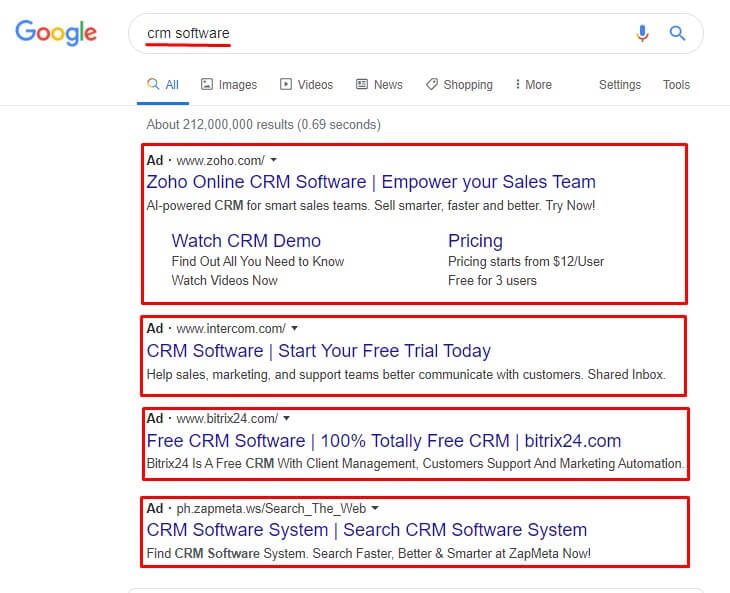
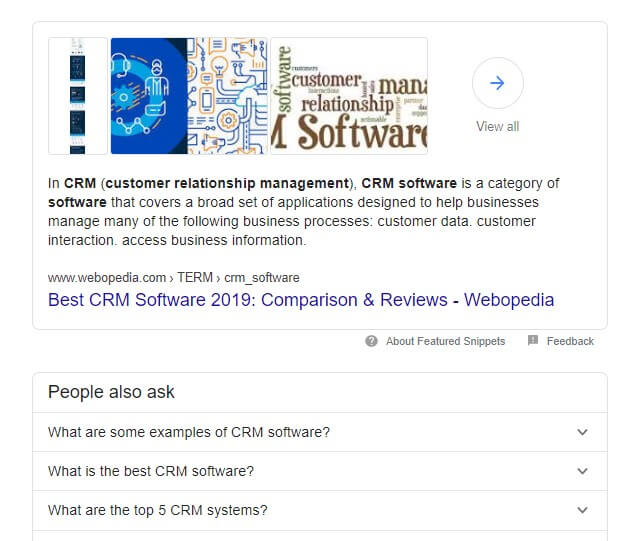
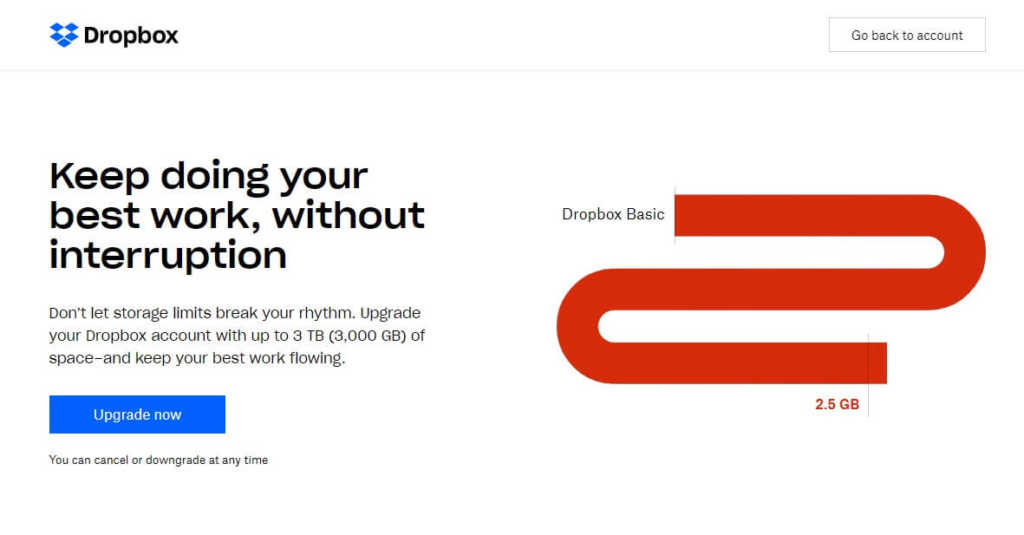
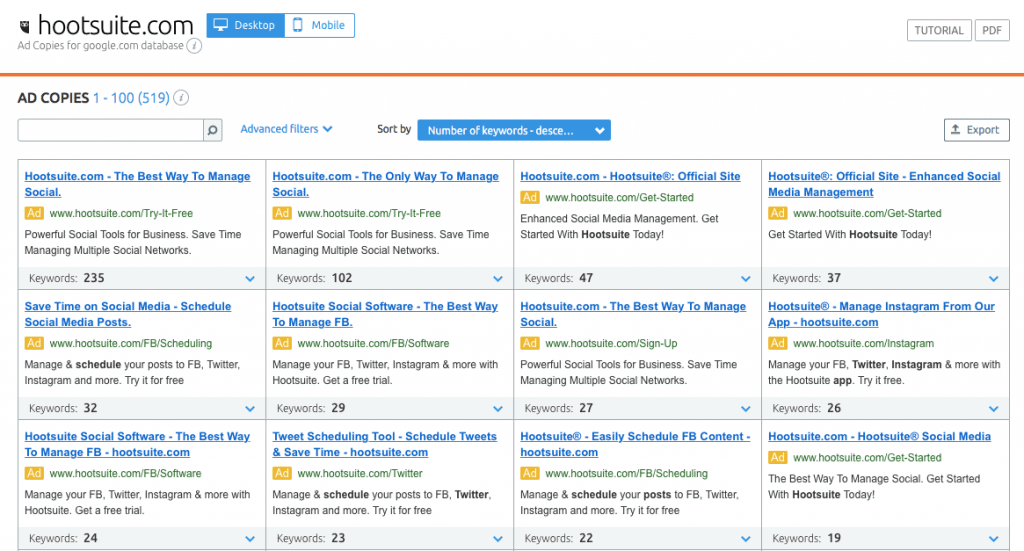
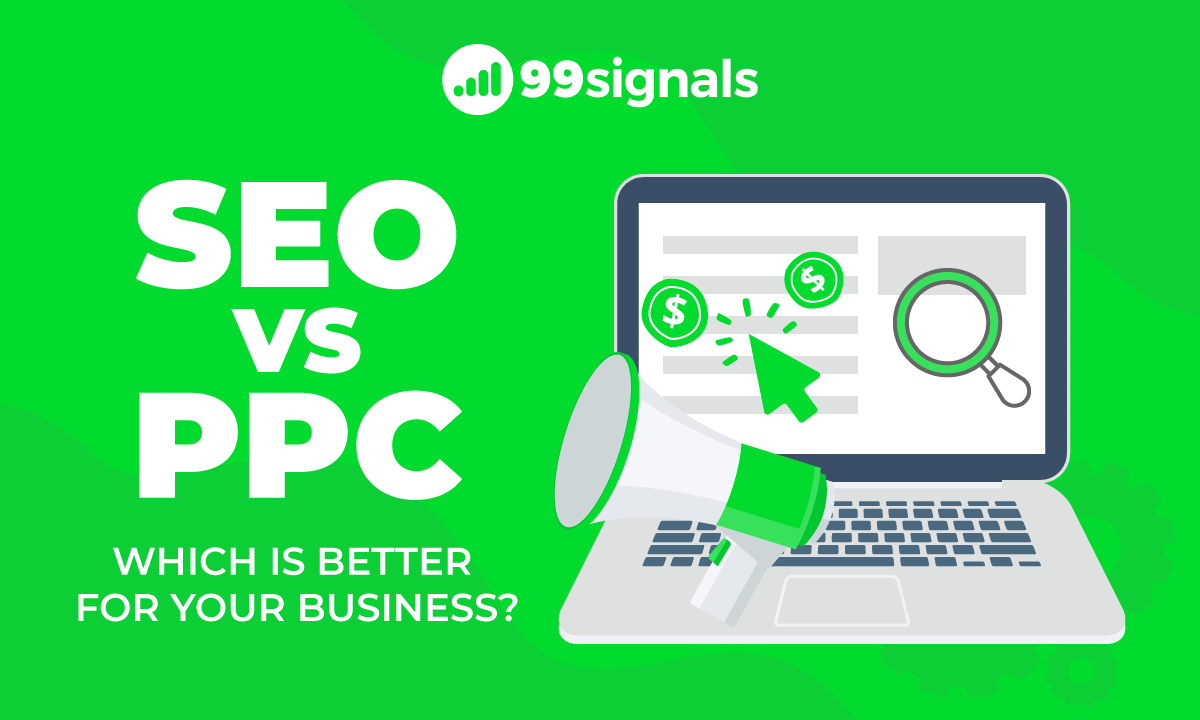
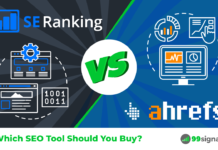
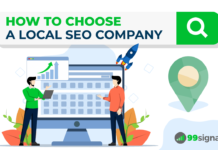
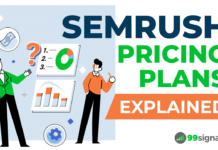

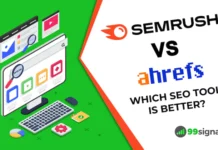
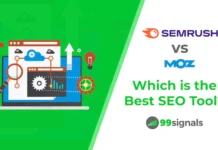
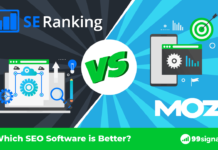
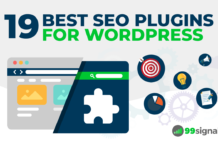
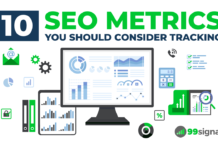
Hey.
Interesting article. I guess It's all about understanding the difference betweek SEO and PPC. Basically everyone can perform PPC strategy as long as they have money to invest in campaigns. Whereas SEO and link building strategies is a long tame strategy in which we need to be patient. But if you perform a SEO tasks correctly you will have positive results within couple of months 🙂
Cheers.
Kris
Right on, Kris! SEO for long-term results and PPC for short-term results. But if you have the means to invest in both SEO and PPC campaigns, then by all means go for it.